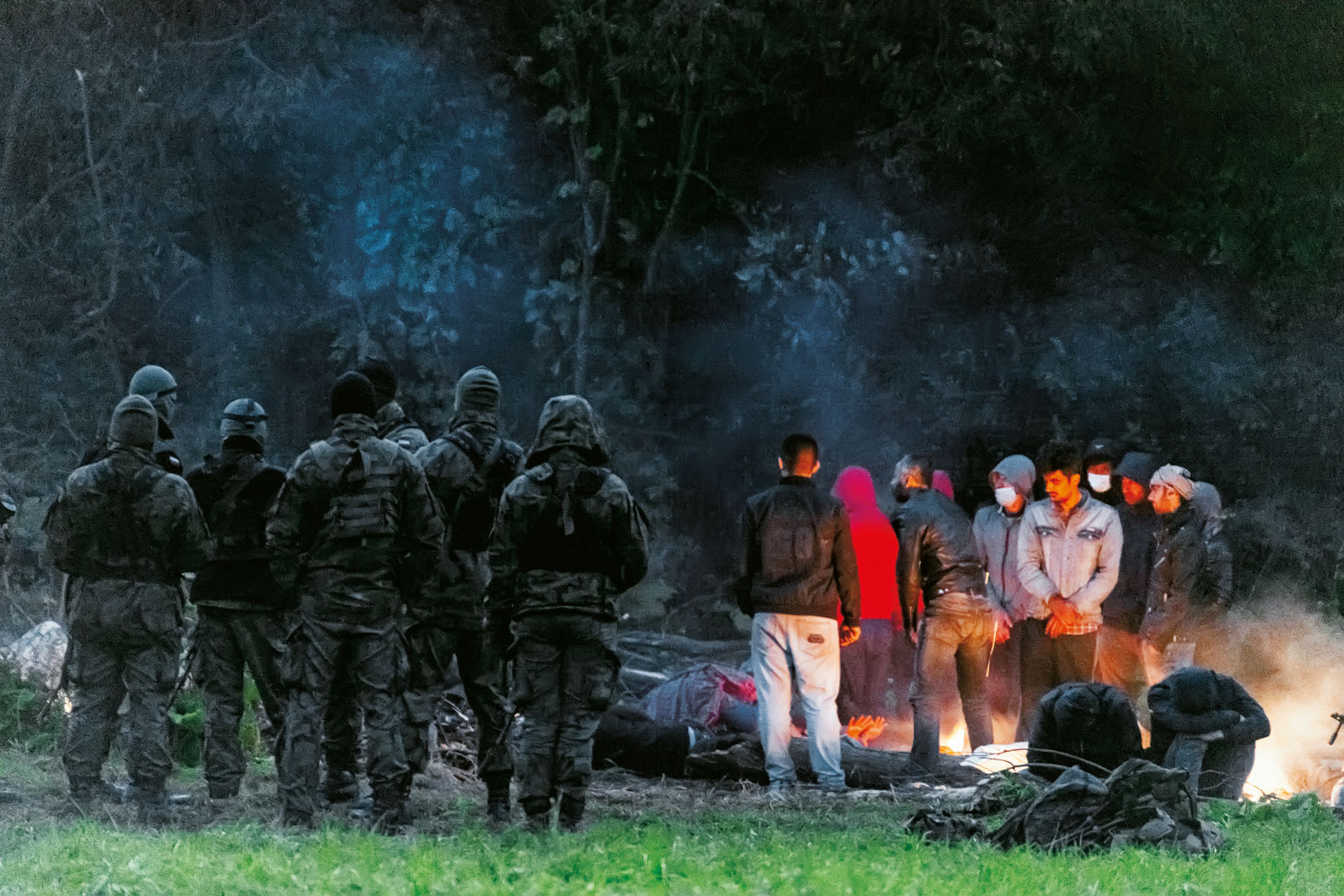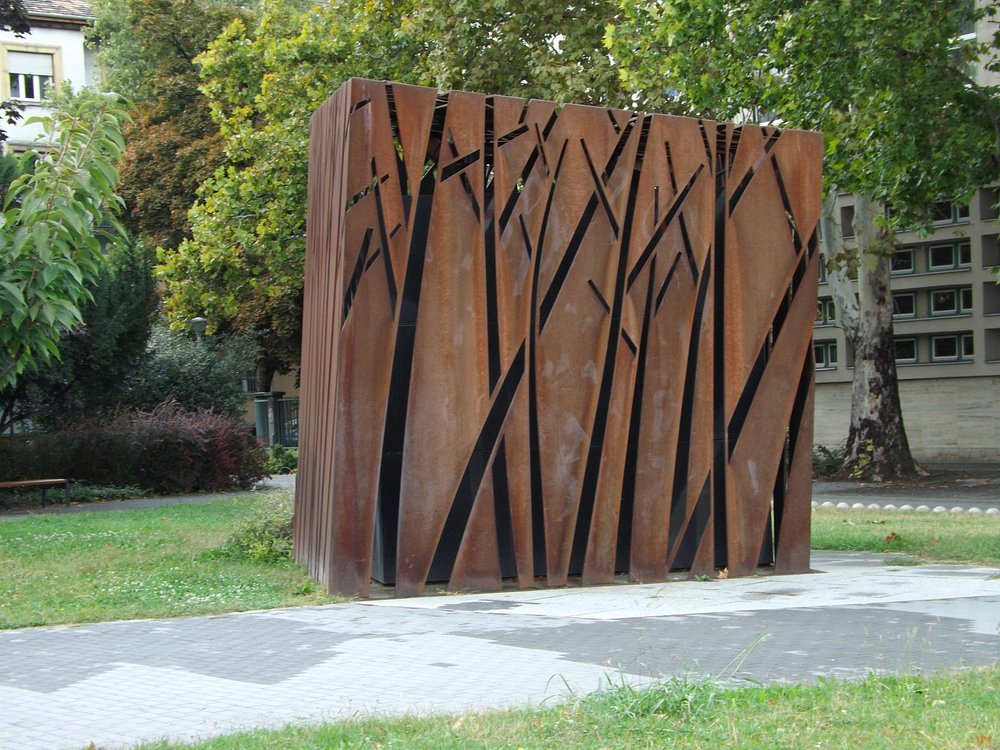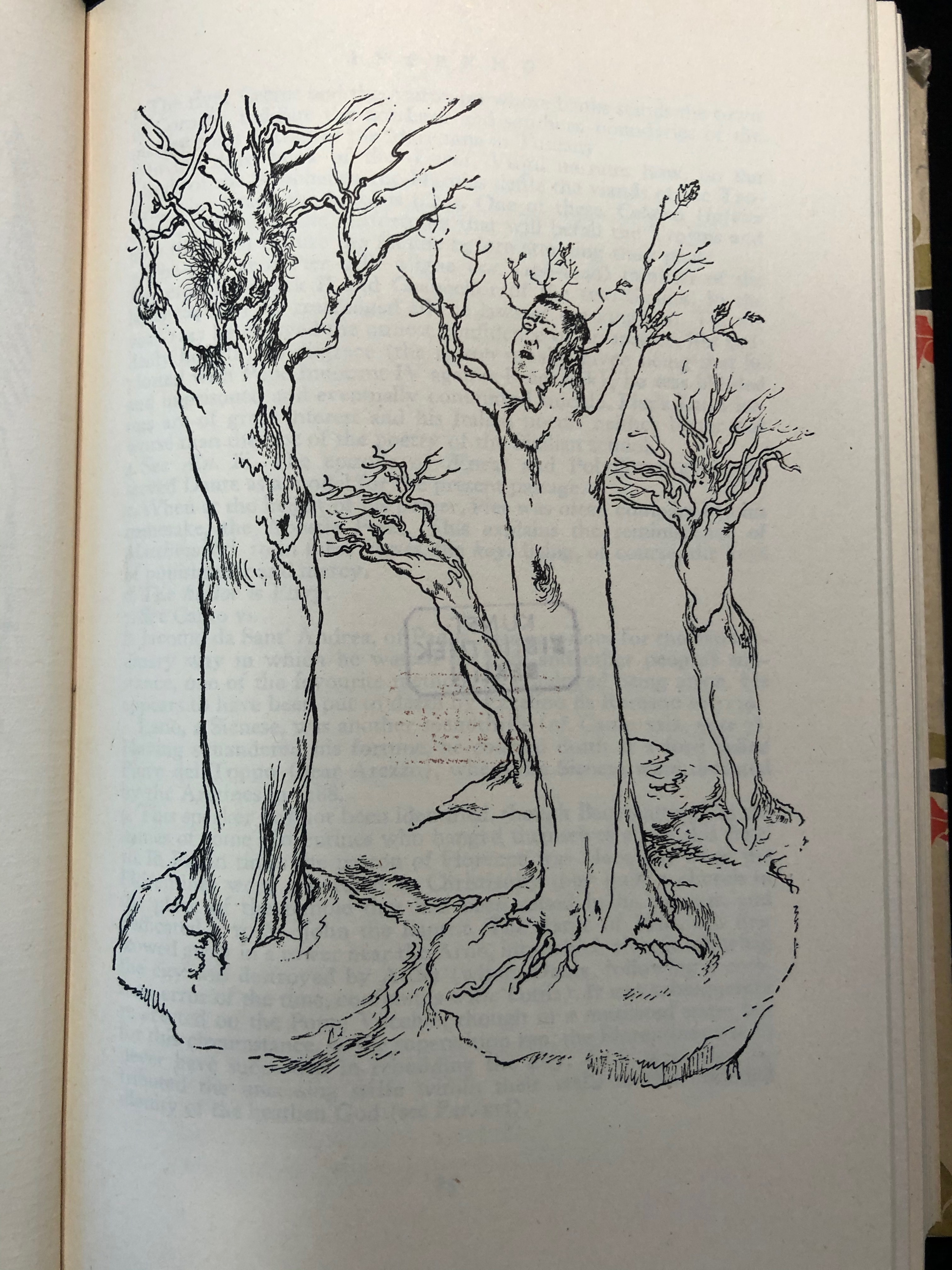
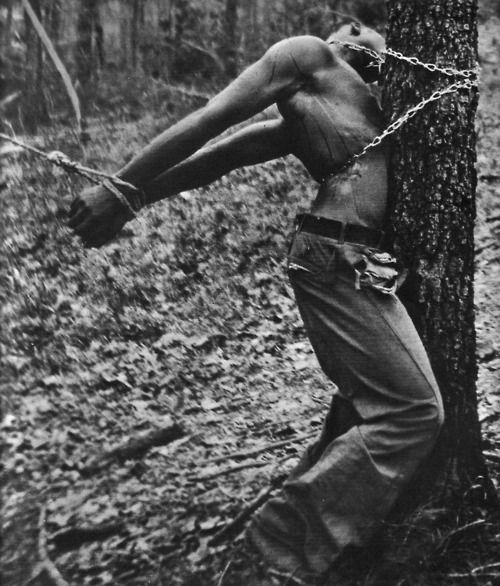
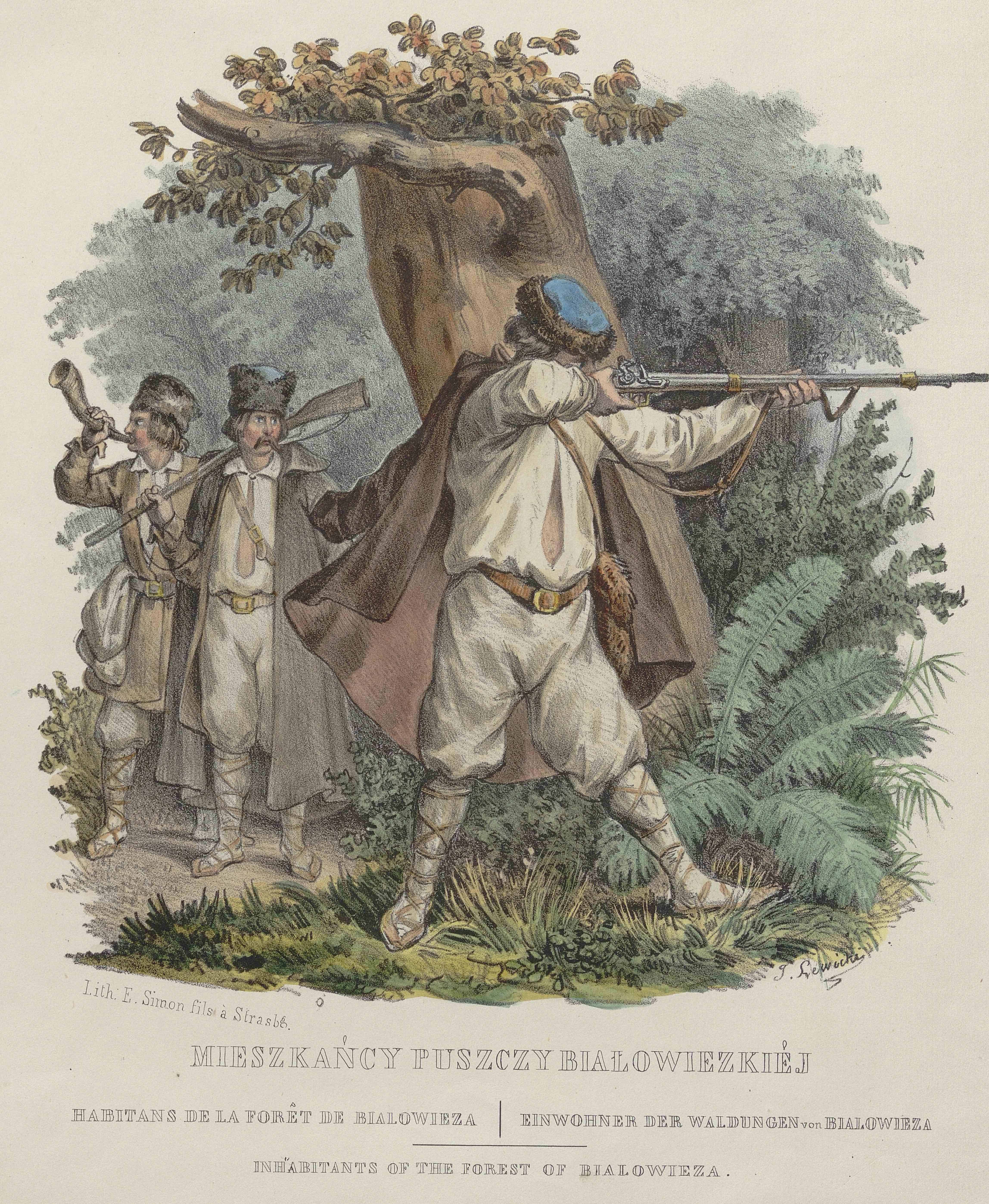
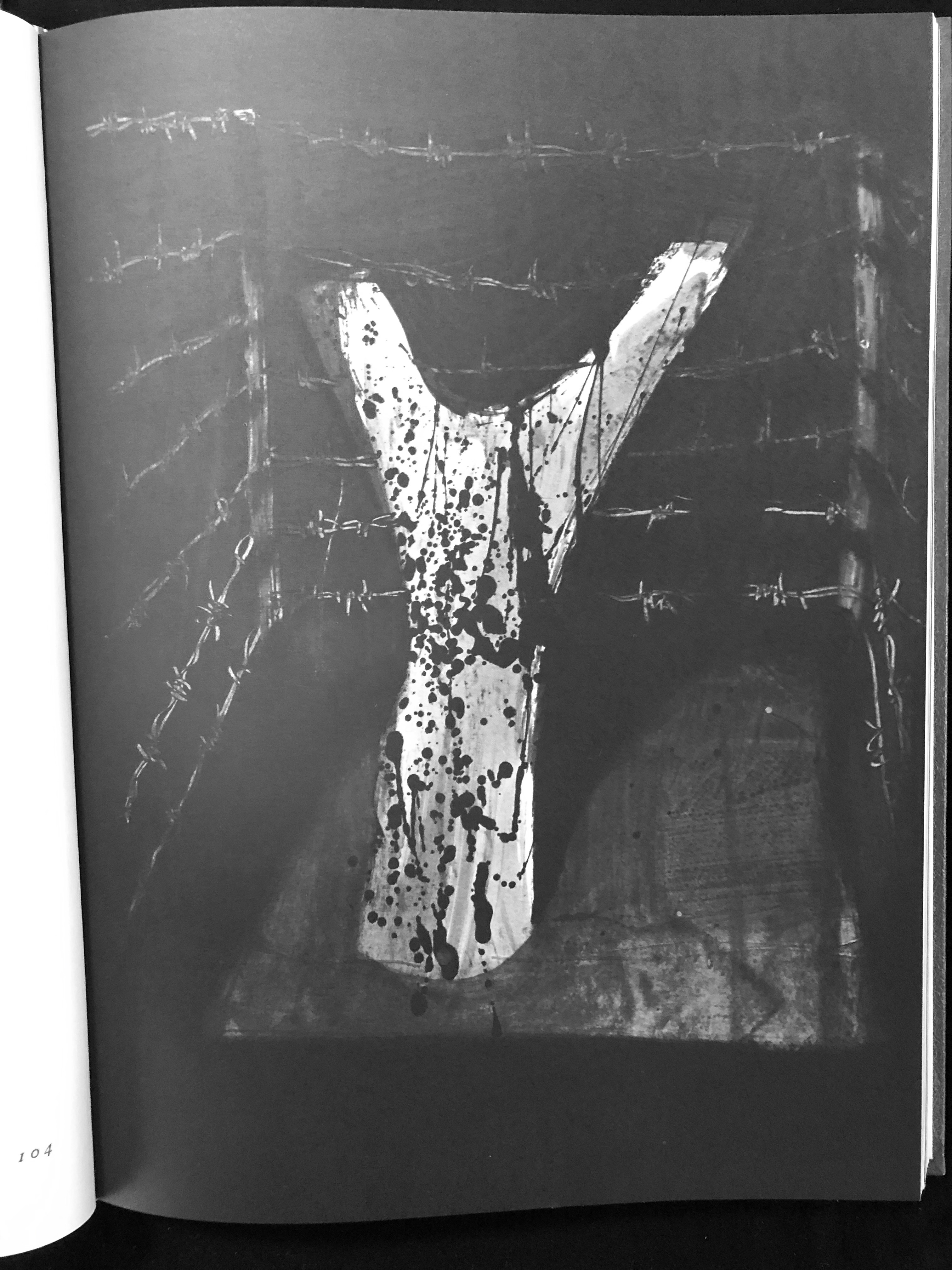
Adam Mickiewicz, Pan Tadeusz, Book IV (fragm. 2)
all to their own ancestral graveyard go, small animals as well, and they include wounded and sick—so bones are never found in places where man steps. It’s also told that inside this kingdom, customs abound insuring order and justice of old, uncorrupted by man, without property rights and social strife, and no knowledge of duels or the arts of war. Peacefully as their forebears in an unspoiled age, they live in Paradise, wild and free, in harmony and love, where no one bites or butts another. Even the unlikely trespass of unarmed man will not incite them—if he passes through. They might just gaze as though during the sixth day of creation, their first fathers, after having that day of bliss—Adam exploring his new nation, before the Expulsion. But men won’t stray in here, for Death and Terror block the way.
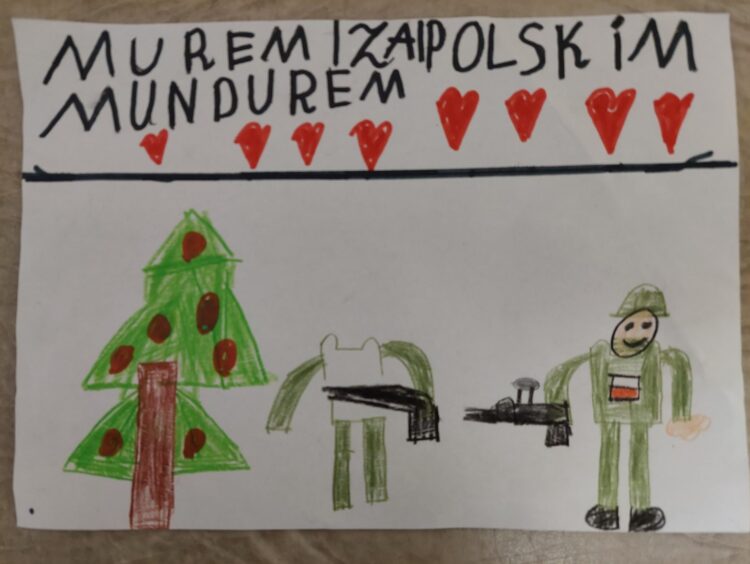
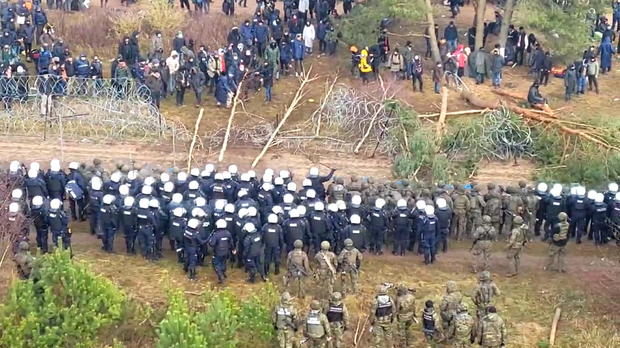
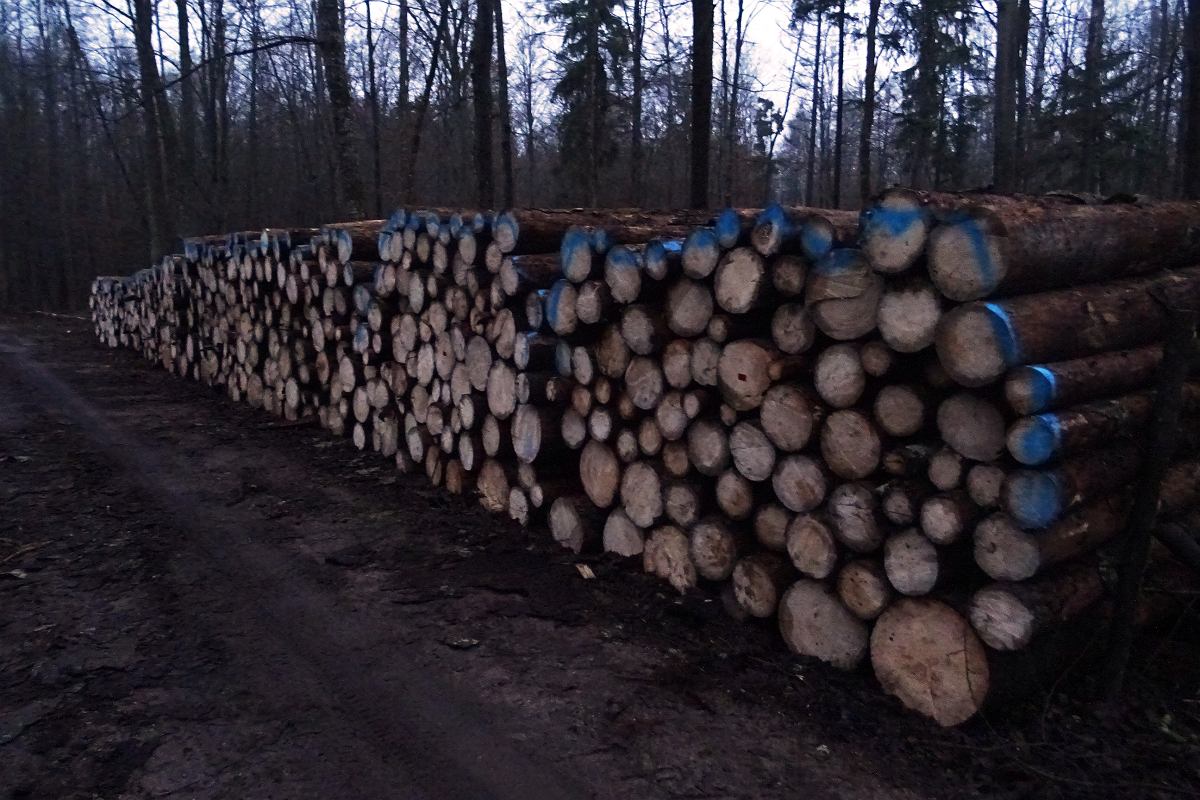

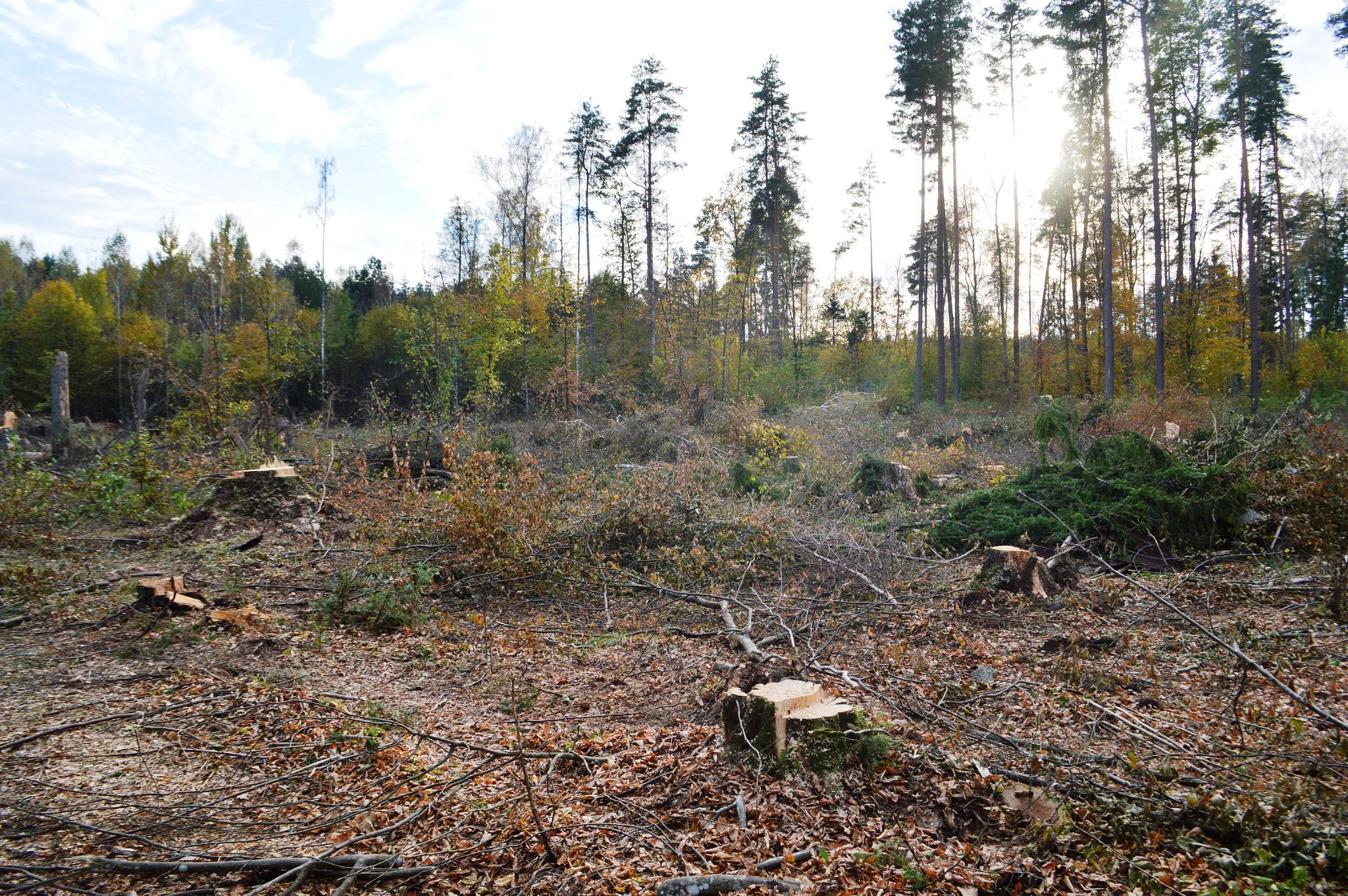
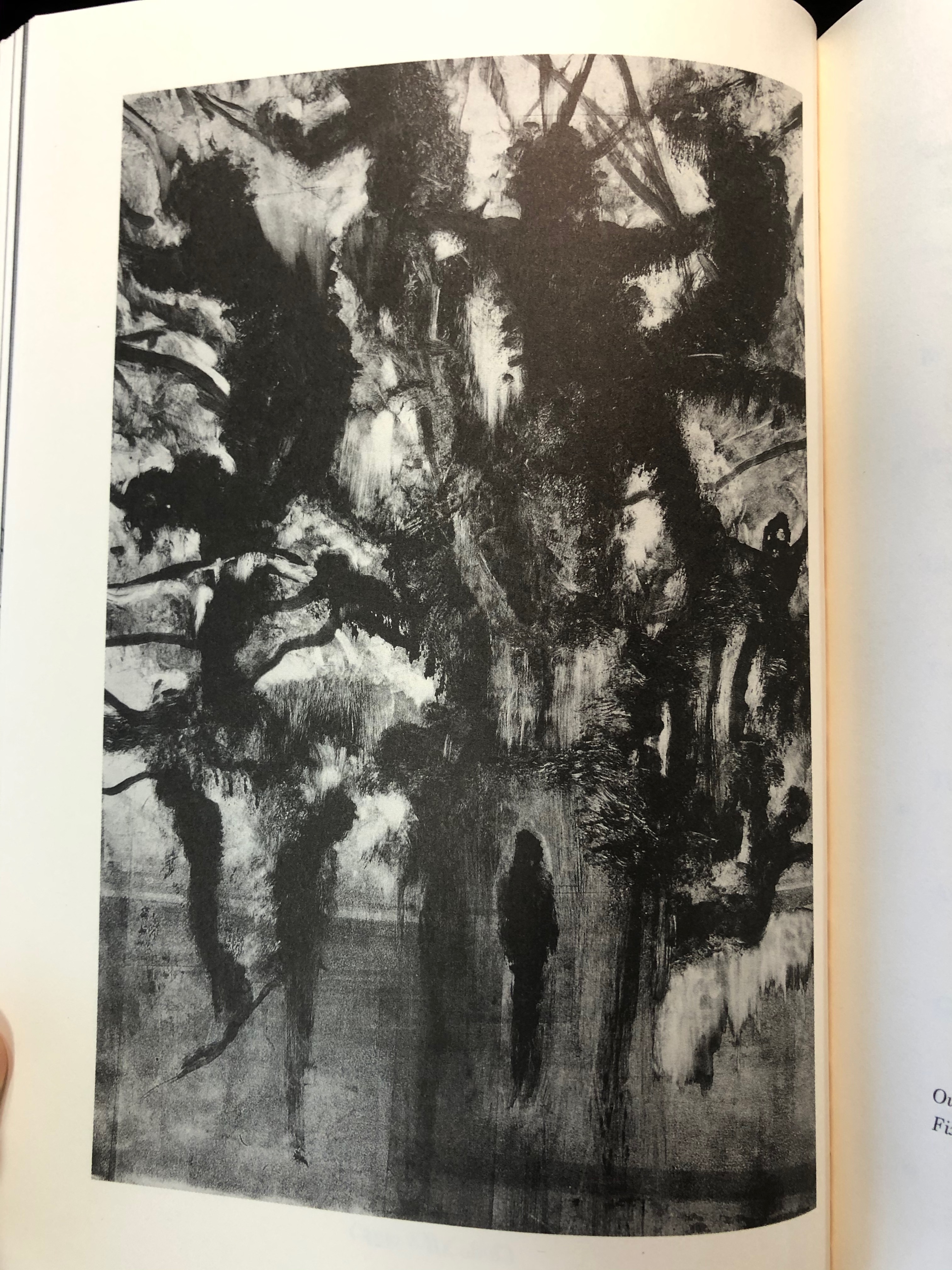
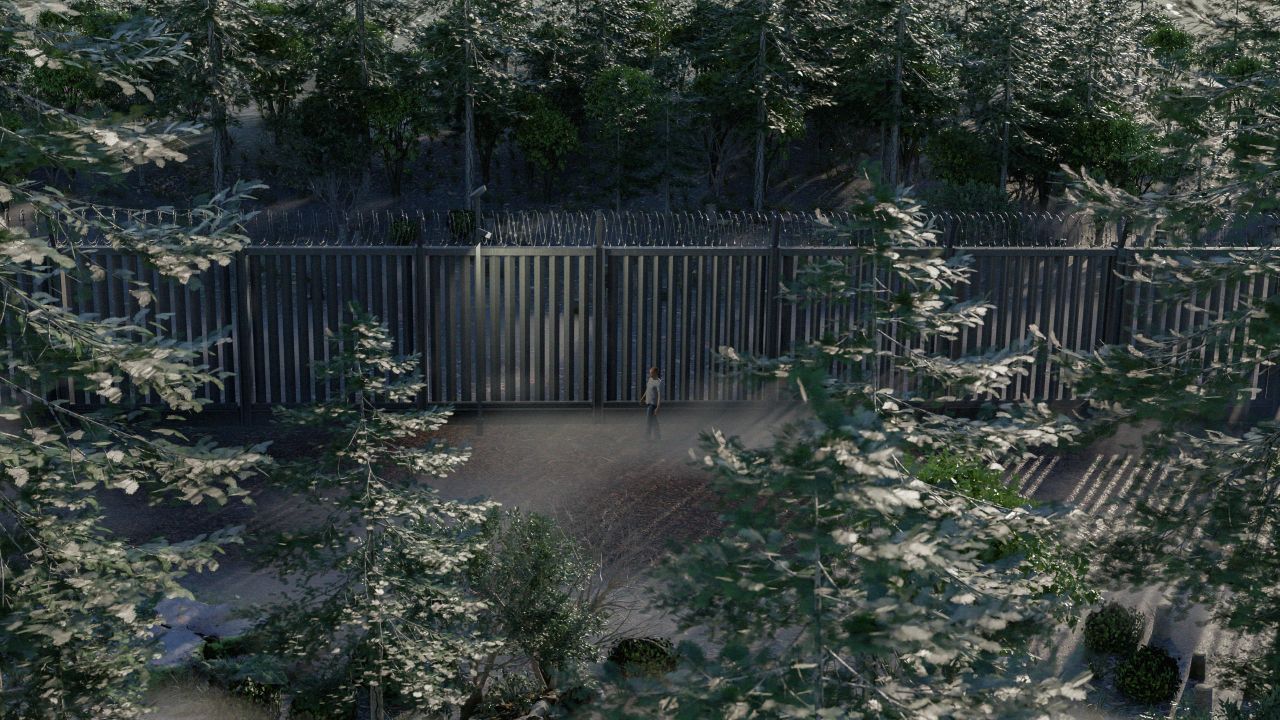
Divine Comedy, Inferno
From every side I heard the sound of cries, but I could not see any source for them, so that, in my bewilderment, I stopped.
I think that he was thinking that I thought so many voices moaned among those trunks from people who had been concealed from us.
Therefore my master said: “If you would tear a little twig from any of these plants, the thoughts you have will also be cut off.”
Then I stretched out my hand a little way and from a great thornbush snapped off a branch, at which its trunk cried out: “Why do you tear me?”
And then, when it had grown more dark with blood, it asked again: “Why do you break me off? Are you without all sentiment of pity?
We once were men and now are arid stumps: your hand might well have shown us greater mercy had we been nothing more than souls of serpents.”
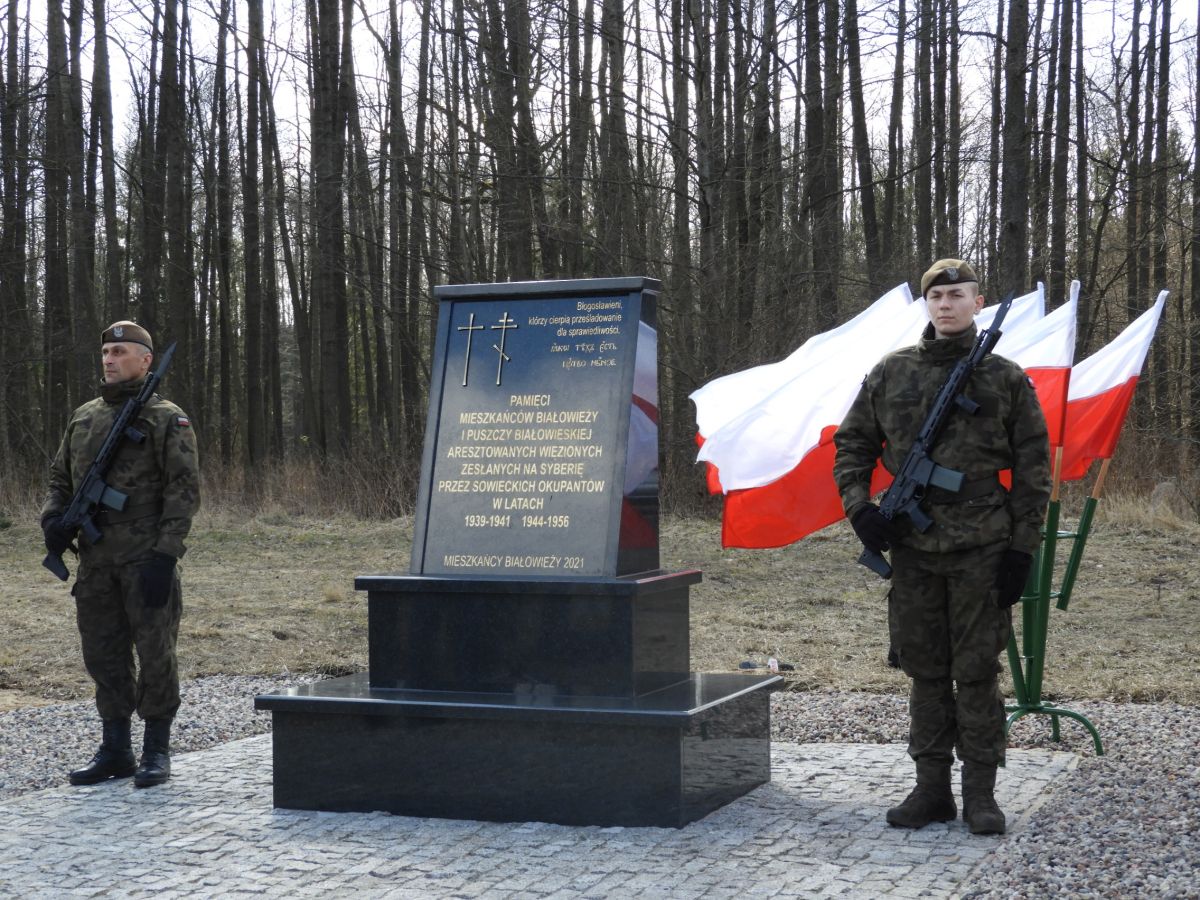
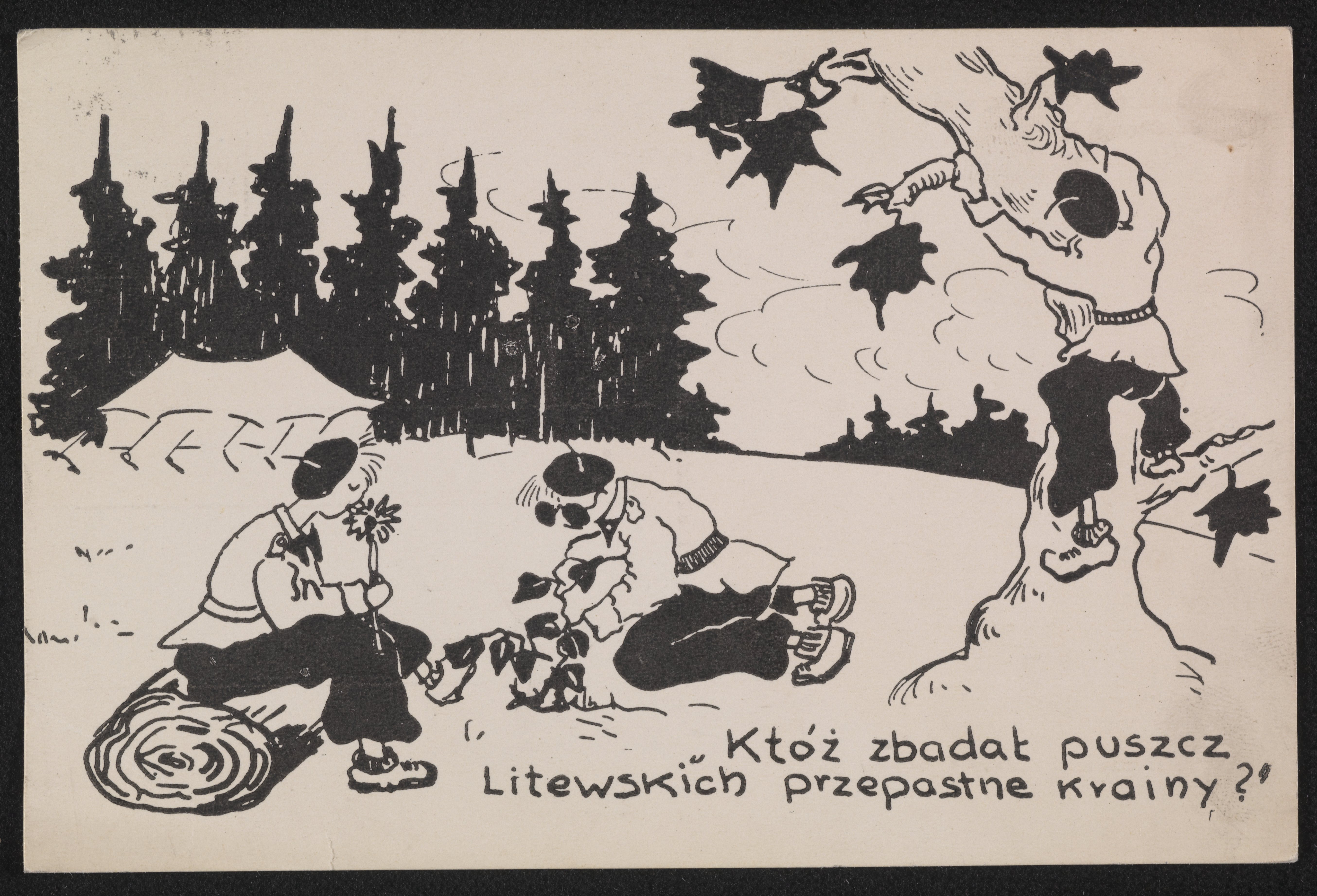
Adam Mickiewicz, Pan Tadeusz, Book IV (fragm. 1)
Who has penetrated to the core, the abyss of this primeval wilderness? Fishermen know nothing of the ocean floor, and hunters who circle about see less than surface features, only the forest‘s face— to them the inner heart remains secret, and only stories hint at what takes place. If you would wander into this thicket, you‘d find vast ramparts, stumps and logs and roots defending bogs and fens, a thousand streamlets with nets of wild weeds and shaggy shoots, mounded anthills, nests of wasps and hornets, and coiling snakes. But if you overcame these barriers with superhuman courage, greater danger awaits, and no less tame than hungry wolves setting out to forage. Sparse grass covers the lakes that are so deep no human foot will ever touch their bottom, (thus a likely spot for devils to keep) waters speckled with bloody rust from something below, smoking and foul smelling, which rots the leaves and bark of nearby trees: stunted and worm-eaten branches entangling hunched-over stumps, around which beards of ugly fungus grow. They circle the foul water like witches around a cauldron steamy— into which some old corpse they dice and stir.
